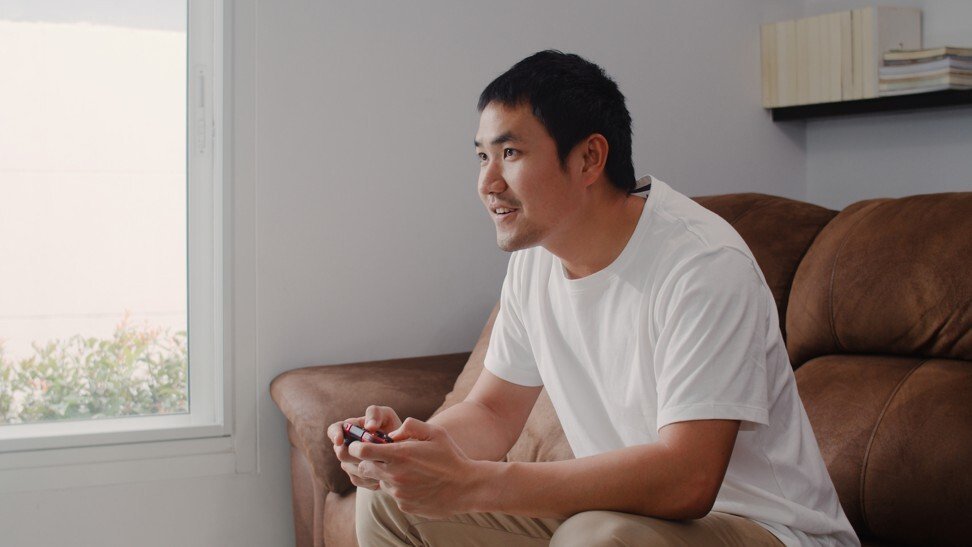
Why Japan has so many single people and sexless marriages
Mariko is worried about her friend’s sex life. “She wants to have a baby, but her and her husband never have sex,” says the 44-year-old. “Her husband loves video games and food, but he’s not interested in sex,” she adds about her friend Yoko’s complaints.
Mariko also doesn’t have a sex partner, though she’s long wanted a husband and a child. They’re far from alone in their homeland, Japan, where romantic relationships are on the retreat and the population is ageing faster than any other industrialised nation in the world.
With these figures also comes a rising number of single people: “About 25 per cent of today’s youth in Japan will probably remain single and unmarried for their entire lives,” says Masahiro Yamada a professor from Chuo University, who once coined the term “parasite singles” to describe grown Japanese adults who remain unmarried and live rent-free with their parents. The number of single people in the entire population had dramatically grown in the last three decades.
The result: a nation with the dubious reputation of being sex-free.

In 2015, a study from the University of Tokyo showed that one in four women and one in three men in their late 30s was single. Half of them had no interest in heterosexual relations, according to the survey. Japanese media reports regularly on an increase in virginity and a supposedly declining interest in sex and dating among young people.
But is this supposed loss of libido to blame for Japan’s low birth rates? Researchers say the problem is far more complex. “Japan is really obsessed with the traditional image of a family,” says Yamada, who’s written a book about young people and conservative values.
Many young Japanese people aspire to fulfil traditional gender roles, where the man is the breadwinner and the woman takes care of the house and children. In the boom years of the early ’90s, it was easier for young women to find a man with a well-paying job. These days, in light of Japan’s tough economic situation – not so much.
Nevertheless, Yamada says, the traditional ideal of the man as the sole breadwinner is still prized. As a result, many young Japanese women continue to live with their parents and wait for a partner.
“But for a large number of them, this ideal partner will never materialise,” says Yamada. The result: many of them stay single.

In 2015, University of Tokyo researchers counted 2.2 million more single women and 1.7 million more single men between the ages of 18 and 39 than compared with the number of singles in the year 1992.
“After the age of 30, you’re either married or single. Very few people in the older age groups are unmarried and in a relationship,” writes Peter Ueda, an epidemiology expert at the University of Tokyo.
It’s therefore reasonable to assume that the most socially acceptable form of an adult relationship is “an obstacle to the formation of romantic relationships in Japan,” he writes in the journal PLOS ONE.

Young Japanese people are instead fulfilling their sexual needs by visiting host and hostess clubs as well as maid cafes, where women dressed as maids serve men who are often out for sex, says Yamada.
Others prefer virtual intimacy, for example with characters from anime, or are fond of pop culture “icons,” who are popular mainly for their appearance. According to the media, there’s an increasing demand among Japanese women for sex toys and female-centric porn.
And then some people just don’t have time for intimate relationships – or their desire to earn a living outweighs their desire for love, says Yamada. Like him, researchers see a connection between personal finances and relationship status: a new analysis of data from the Japanese National Institute of Population and Social Security Research for the years 1987 to 2015 suggests that lower incomes and a precarious job market are a disadvantage for men looking to date.

“If government policies directly addressed the situation of population groups with low incomes and less education, some people with a lack of job security or financial resources might possibly have a renewed interest in dating,” explains Haruka Sakamoto, an expert in public health and a co-author on Ueda’s PLOS ONE study.
In the 2015 survey, more than half of those who were single who said they had no interest in relationships said that they still hoped to get married at some point. Even Mariko has not given up hope yet.










